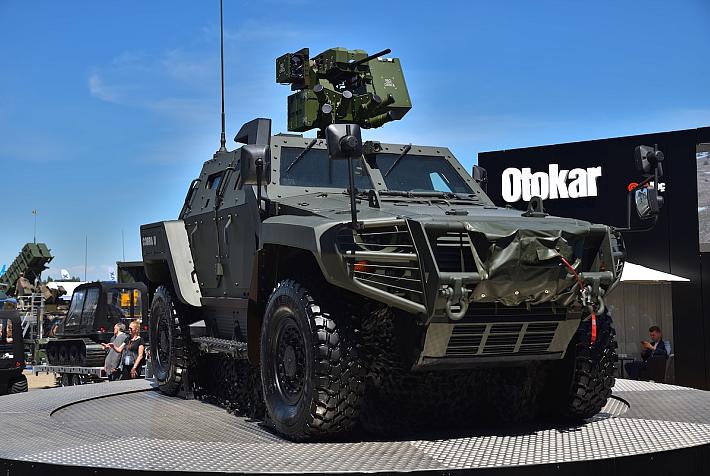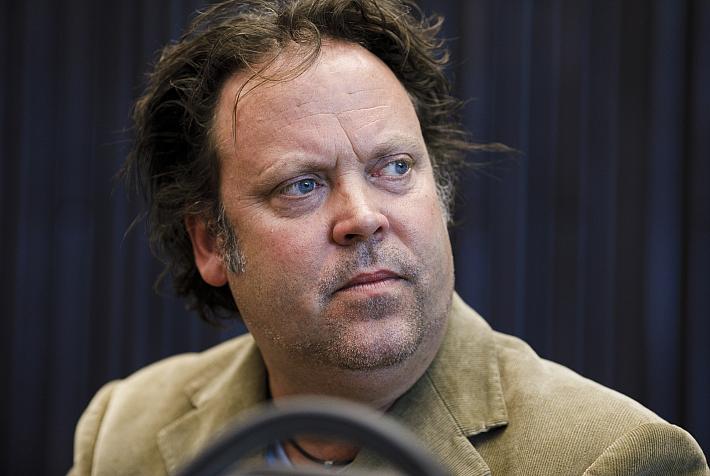Romanian language lesson: Members of the family

Let's learn the members of the family. The abbreviations used are the following:
s.f. = substantiv feminin (feminine noun)
s.m. = substantiv masculin (masculine noun)
The plural form is indicated before abbreviation.
mamă, ‑e (s.f.) = engl. mother
tată, tați (s.m.) = engl. father
frate, frați (s.m.) = engl. brother
soră, surori (s.f.) = engl. sister
soț, ‑i (s.m.) = engl. husband
soție, ‑i (s.f.) = engl. wife
noră, nurori (s.f.) = engl. daughter‑in‑law
ginere, gineri (s.m.) = engl. son‑in‑law
cumnat, cumnați (s.m.) = engl. brother‑in‑law
cumnată, -e (s.f.) = engl. sister-in-law
văr, veri (s.m.) = engl. cousin
verișoară, ‑e (s.f.) = engl. cousin
nepot, nepoți (s.m.) = engl. nephew
nepoată, ‑e (s.f.) = engl. niece
bunic, ‑i (s.m.) = engl. grandfather
bunică, ‑i (s.f.) = engl. grandmother
socru, ‑i (s.m.) = engl. father‑in‑law
soacră, ‑e (s.f.) = engl. mother‑in‑law
naș, ‑i (s.m.) = engl. godfather
nașă, ‑e (s.f.) = engl. godmother
Remarks
When we talk about a couple, we use the masculine form in the plural.
Example: Bunicii mei sunt înțelepți (my grandparents are wise).
The adjective agreement is made also in the masculine plural ("înțelepți" is masculine plural).
Mona Pologea, Ph.D. Linguist
ROLANG School Managing Director












